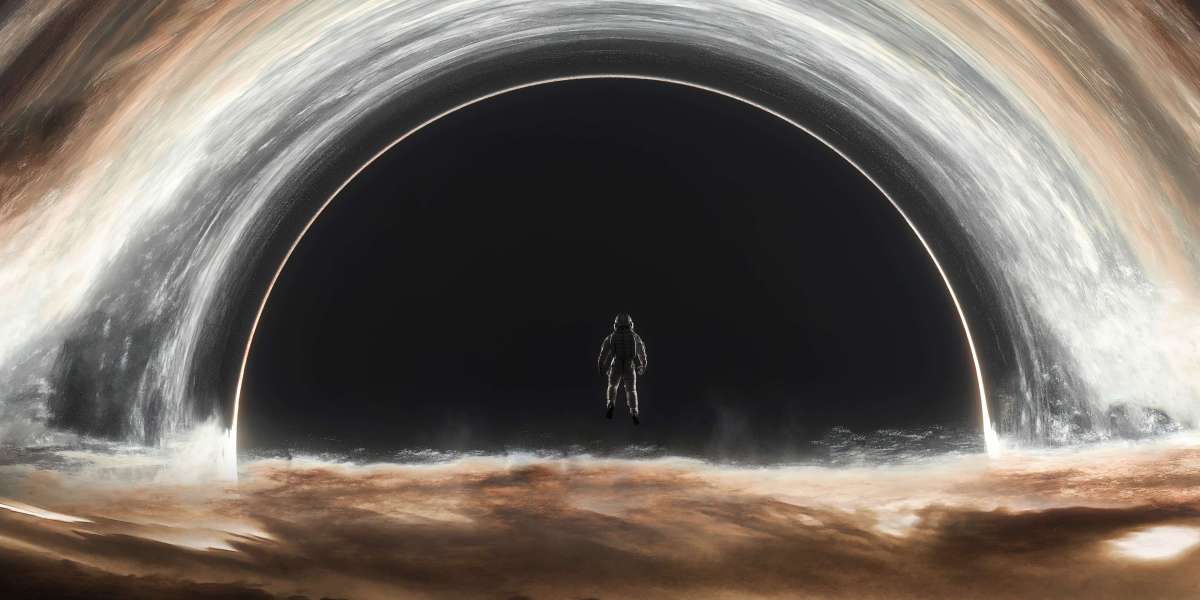When investing in solar energy, one of the most critical components to consider is the solar inverter. This device plays a vital role in converting the direct current (DC) generated by solar panels into alternating current (AC) that can be used in your home. However, a common question arises: how long should your solar inverter last? In this article, we will explore the various factors that influence the lifespan of solar inverters and provide insights into assessing how long your solar inverter should last.

Factors Influencing Solar Inverter Lifespan
Several factors can affect the longevity of your solar inverter. Understanding these elements can help you make informed decisions regarding maintenance and replacement. Here are some key considerations:
- Quality of the Inverter: The brand and model of your inverter significantly impact its lifespan. High-quality inverters typically last longer than cheaper alternatives.
- Environmental Conditions: Inverters exposed to extreme temperatures, humidity, or dust may experience reduced lifespans. Proper installation in a suitable environment is essential.
- Usage Patterns: How often and how intensely the inverter is used can also affect its longevity. Continuous heavy usage may lead to quicker wear and tear.
- Maintenance: Regular maintenance and timely repairs can extend the life of your inverter. Neglecting these aspects can lead to premature failure.
Assessing How Long Your Solar Inverter Should Last
When assessing how long your solar inverter should last, it is essential to consider the manufacturer's warranty. Most solar inverters come with warranties ranging from 5 to 12 years. However, many inverters can last beyond their warranty period with proper care. If you are wondering about the expected lifespan, most inverters are designed to function effectively for 10 to 15 years.
Additionally, monitoring the performance of your inverter can provide insights into its health. If you notice a significant drop in efficiency or frequent error messages, it may be time to consult a professional.
Signs Your Solar Inverter May Need Replacement
Recognizing the signs that your solar inverter may need replacement is crucial for maintaining an efficient solar energy system. Here are some indicators to watch for:
- Frequent error codes or alerts on the inverter display.
- Significant drops in energy production compared to previous years.
- Physical damage or corrosion on the inverter unit.
- Inverter age exceeding the typical lifespan of 10-15 years.
Conclusion
In conclusion, assessing how long your solar inverter should last involves understanding various factors, including quality, environmental conditions, usage patterns, and maintenance. By keeping these elements in mind, you can better manage your solar energy system and ensure its longevity. For more detailed information on solar inverter lifespan, visit this comprehensive guide.








